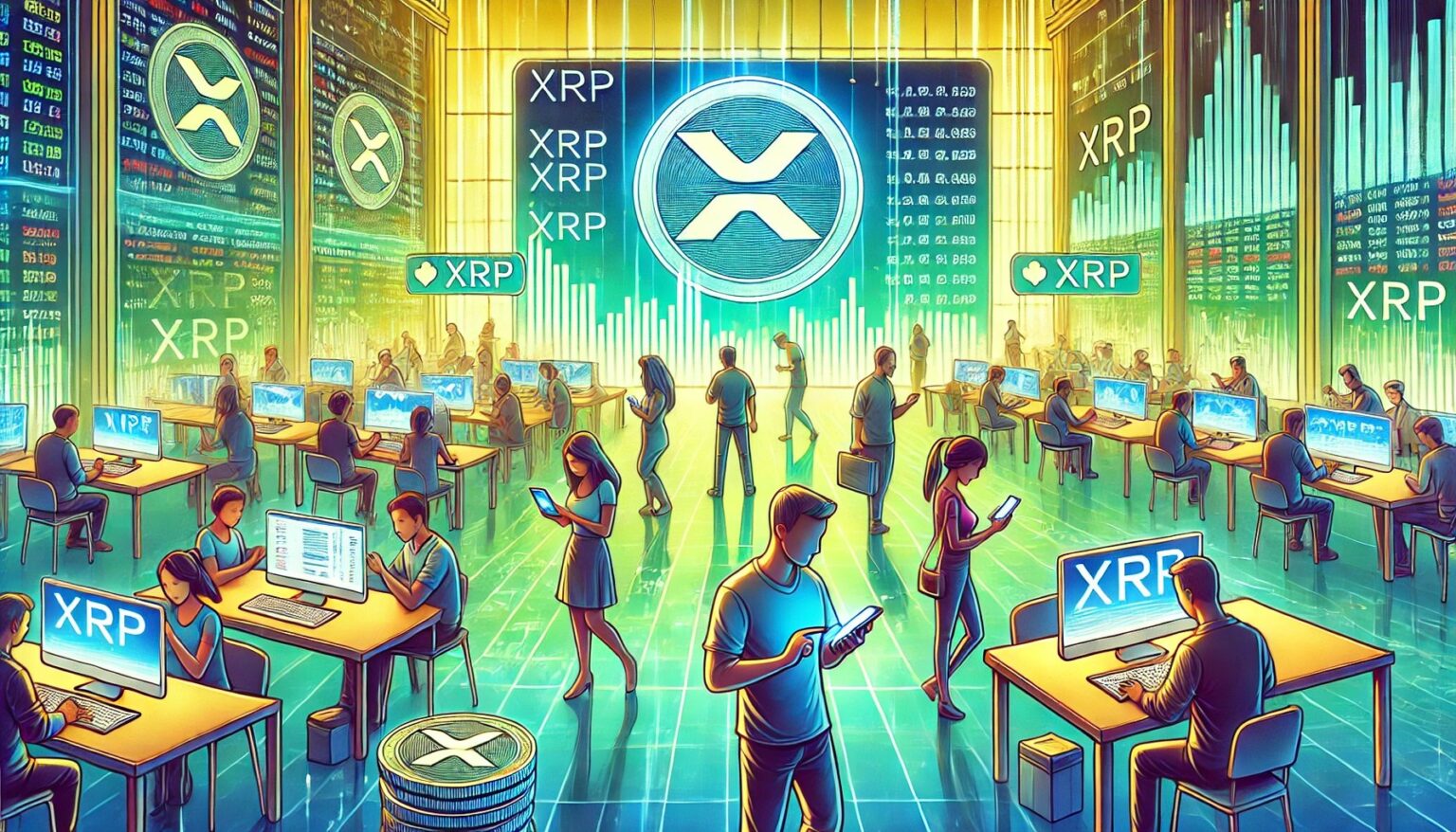In the fast-evolving world of cryptocurrency, understanding the strategic moves of major players can give investors a significant edge. One such move is Ripple’s recent acquisition spree, which has captured the attention of crypto analysts and investors alike. By systematically expanding its ecosystem through strategic purchases, Ripple is poised to create meaningful, long-term impact in the financial sector. This article delves into Ripple’s latest acquisition and what it signifies for the future of its native token, XRP.
Ripple’s Strategic Acquisitions and Their Potential Impact on XRP
Ripple’s Ambitious $1 Billion Acquisition of GTreasury
In a move that demonstrates Ripple’s dedication to expanding its influence in global finance, the company has announced a significant acquisition. Ripple has purchased GTreasury, a U.S.-based company known for providing treasury management solutions to large businesses, for an impressive $1 billion. This acquisition promises to integrate Ripple’s blockchain technology with traditional financial systems, offering a seamless transition for businesses that wish to modernize their operations.
Prominent crypto analyst Austin Hilton noted that despite the downturn in the market, with XRP trading lower than usual, this acquisition is not about immediate gains. Instead, Ripple’s focus is on establishing a robust foundation for the future. The deal reflects Ripple’s broader strategy to embed blockchain technology into mainstream financial operations, potentially increasing XRP’s real-world applications.
The acquisition will likely enable Ripple to tap into the vast corporate treasury market, providing services to clients handling substantial liquidity and foreign exchange operations. Upon regulatory approval, Ripple’s reach could expand significantly, presenting new opportunities for XRP.
Implications of Ripple’s Expanding Vision for XRP Investors
Ripple’s strategic actions extend beyond the GTreasury deal, as it has also acquired companies like Rail, which specializes in stablecoin payments, and Hidden Road, a prime brokerage firm. These acquisitions underscore Ripple’s commitment to creating a robust financial network that serves both the cryptocurrency community and traditional financial institutions.
By leveraging these acquisitions, Ripple is poised to work alongside large treasury departments still reliant on legacy systems, thus facilitating the adoption of blockchain technology without necessitating a complete overhaul of existing processes. Crypto analyst Austin Hilton emphasizes that these moves are part of a long-term strategy to enhance the real-world utility of XRP, encouraging investors to focus on the token’s long-term potential rather than short-term market fluctuations.
These strategic acquisitions enable Ripple to offer businesses around the globe improved solutions for managing payments, cash flow, and financial risks. As a result, Ripple is not only paving the way for long-term value creation but is also bridging the gap between traditional finance and the digital economy through cutting-edge blockchain solutions.
FAQs
What is the significance of Ripple’s acquisition of GTreasury?
Ripple’s acquisition of GTreasury is a strategic move to integrate blockchain technology into conventional financial systems. It allows Ripple to access the substantial corporate treasury market, potentially increasing XRP’s real-world applications and demand.
How could Ripple’s recent acquisitions impact the future of XRP?
By acquiring companies that enhance its financial ecosystem, Ripple aims to increase the practical uses of XRP. These acquisitions help bridge traditional financial practices with blockchain technology, promoting XRP’s long-term viability.
Is Ripple’s focus on long-term strategy beneficial for XRP investors?
Yes, focusing on long-term strategy is beneficial for XRP investors. Ripple’s strategic acquisitions and integrations lay the groundwork for long-term value creation, enhancing XRP’s functionality and relevance in the digital economy.
Could Ripple’s acquisitions affect its regulatory standing?
Ripple’s acquisitions could potentially influence its regulatory standing by demonstrating its commitment to integrating blockchain technology with traditional finance legally and transparently. However, regulatory outcomes depend on various external factors and jurisdictional nuances.

